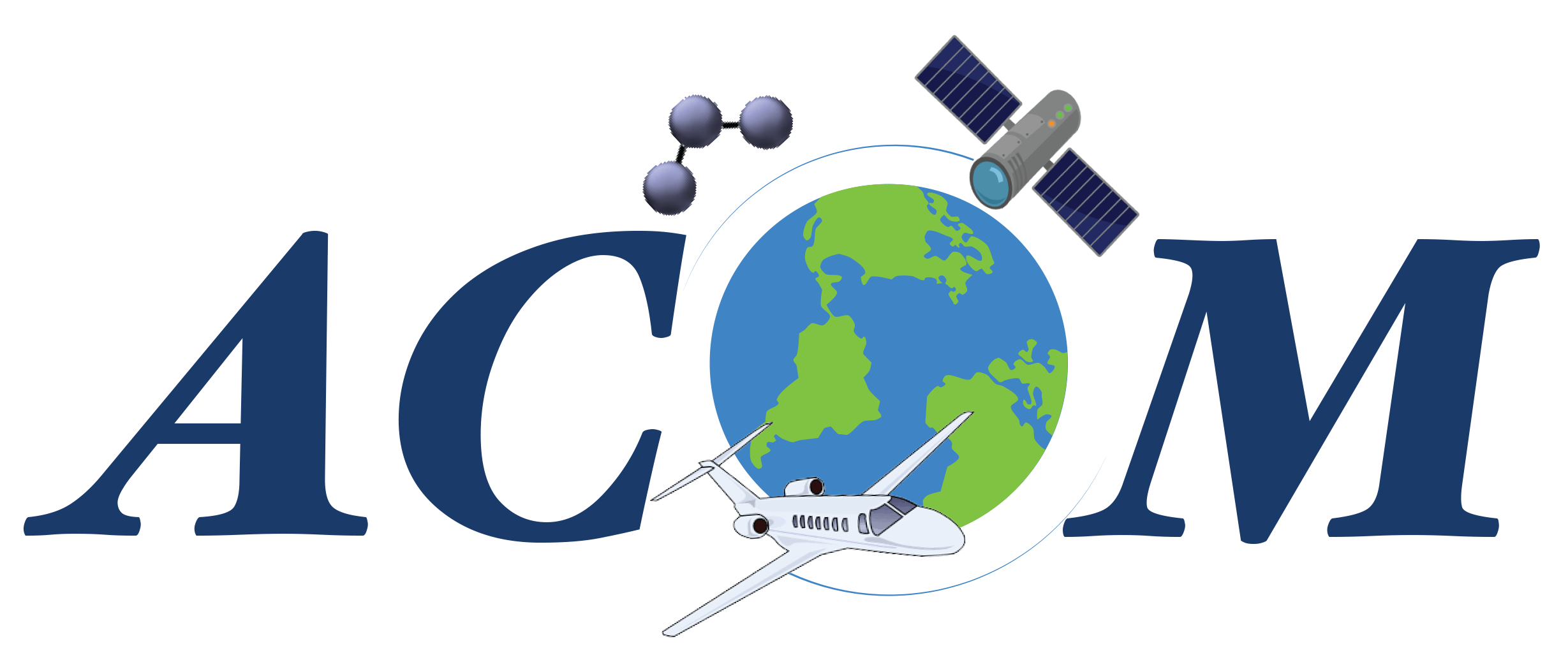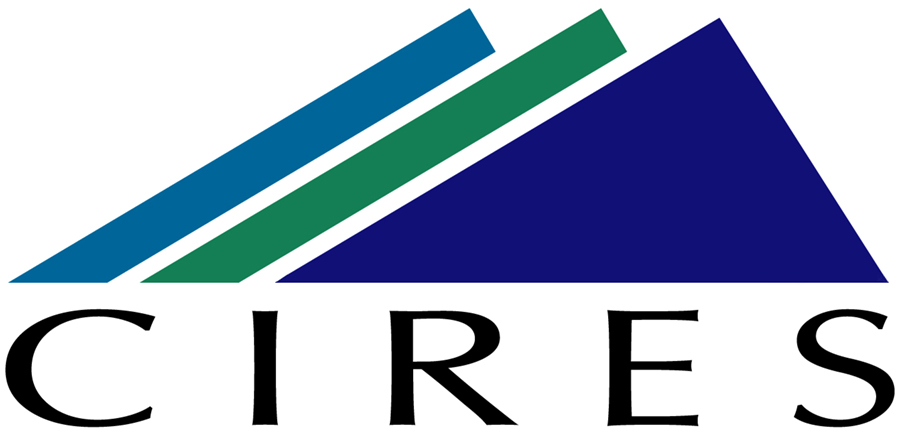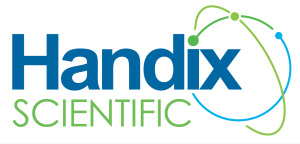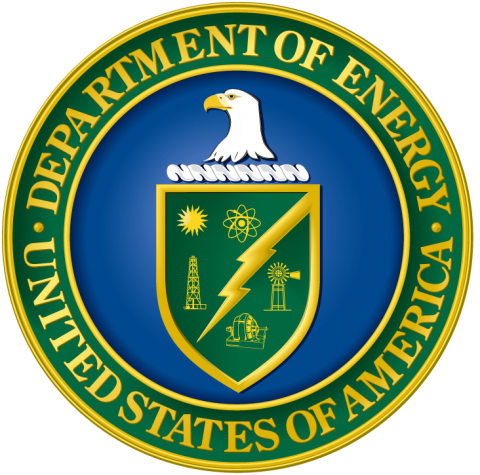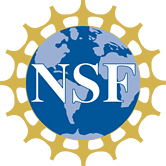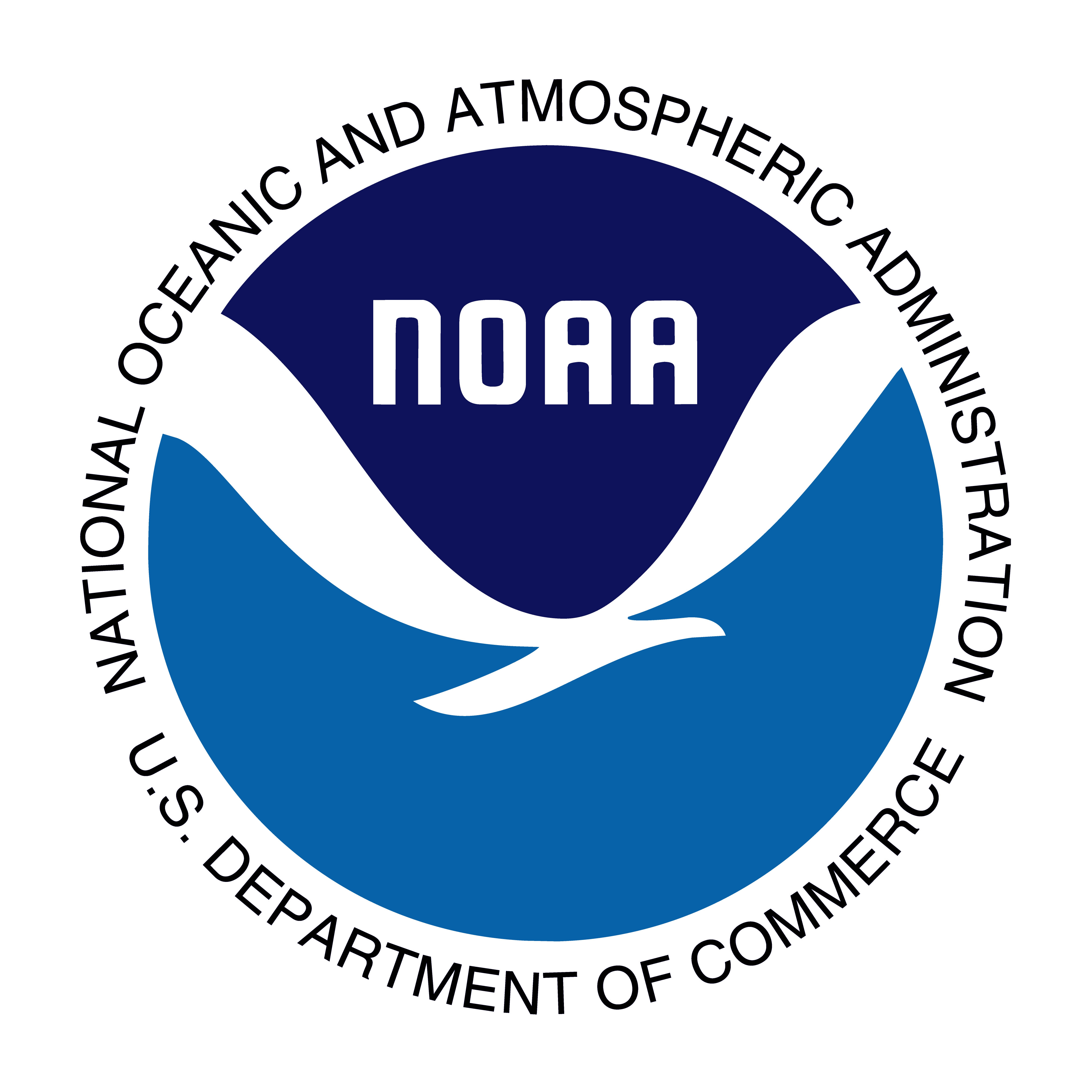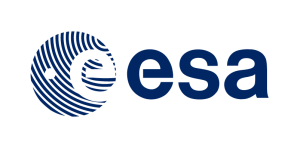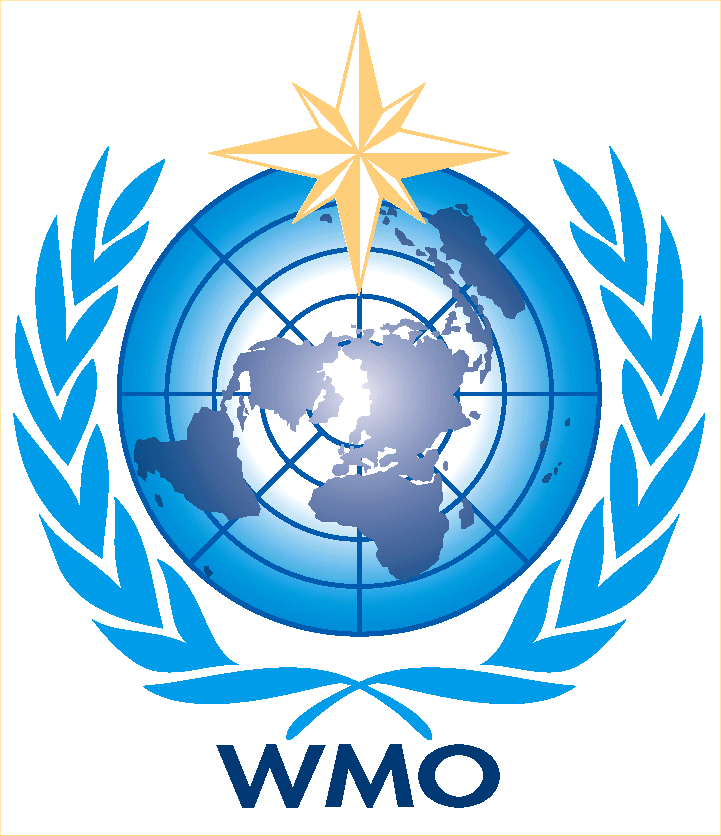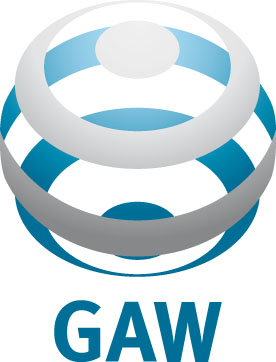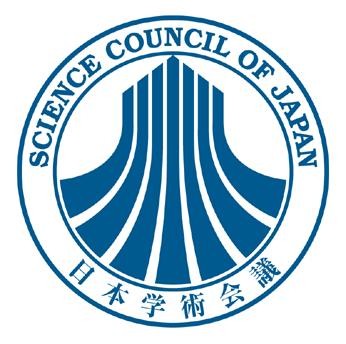Public Side Meeting Schedule

Description of the public side meetings:
Chemistry Climate Model Initiative (CCMI)
An informal meeting to discuss CCMI working group tasks, model simulations, and anything else that participants wish to discuss.
Organizers:
Bryan Duncan
Jean-Francois Lamarque
GEIA Town Hall
A Town Hall meeting open to all IGAC participants that will inform the audience about recent progress by GEIA and will be an opportunity for GEIA leadership to get feedback about future GEIA activities.
Organizers:
Greg Frost
Claire Granier
Paulette Middleton
GEIA Working Group on NMVOCs
The GEIA Non-Methane Volatile Organic Compound (NMVOC) working group has a focus on improving global understanding of VOC emissions speciation, leveraging on-going NMVOC measurements, inventory work, and modelling to evaluate and improve NMVOC emission inventories. Recently, a variety of possible activities were proposed and feedback from the community gathered to assess the interest in supporting the various options. Based on this feedback, the WG will as an initial effort focus on evaluating NMVOC source sector contributions in urban areas globally. Previous and current measurement assessments will be compared to existing global emission inventory data. The proposed activity will be outlined, discussed, and revised where necessary. The GEIA working group on NMVOCs is open to participation for all who are interested.
Organizers:
Erika vonSchneidemesser
Greg Frost
Christine Wiedinmyer
Atmospheric science in Africa
This meeting will provide a chance for researchers who are interested in atmospheric science research in Africa to connect. The focus of this meeting will be on discussing on-going work in order to identify linkages and potential collaborations. In addition, the proposal for an IGAC Africa regional working group will be presented and discussed.
Organizers:
Rebecca Garland
Roelof Burger
Noureddine Yassaa
Paul Beukes
Air Pollution in the Arctic: Climate, Environment and Societies (PACES) Town Hall Discussion
The PACES initiative, an emerging IGAC activity, aims to review existing knowledge and foster new research on air pollution in the Arctic by developing collaborations across disciplines. This Town Hall forum will discuss ongoing and new activities (60 min). A discussion of possible future large-scale semi-Lagrangian studies will follow (30 min).
Organizers:
Kathy Law
Chuck Brock
Steve Arnold
Missing sinks in the lifecycle of organic aerosols: discussion on improving current representation of removal processes in atmospheric models and collaborative laboratory and field studies to provide constraints
The global burden of organic aerosols (OA) in the atmosphere and their spatial distribution are still highly uncertain even after a decade of active research that was mainly focused on OA sources and formation processes. The removal processes are equally important for determining the lifecycle of OA but have been much less studied, and currently the washout in the troposphere is the major loss process in models. The objective of this meeting is to discuss the significance of other pathways that could lead to the loss of organic compounds such as wet and dry deposition, heterogeneous surface reactions, photolytic reactions in gas, particulate, and aqueous phases, etc. We will discuss ways of quantifying the role of these processes on the distribution and properties of OA from both modeling and measurement prospective and explore interest in collaborative research activities.
Organizers:
Alex Guenther
Alma Hodzic
Monitoring, Analysis and Prediction of Air Quality (MAP-AQ) and Coordination of Future Air Quality Field Studies
We will present a new initiative, which aims at monitoring, analysis, and forecast of air quality at the global to regional to local scales. This initiative will be driven by an international consortium of scientists, data providers, and users interested in observations, modeling and mitigation of air pollution in different regions of the world. Discussion will also be devoted to the coordination of future air quality field studies. This recognizes the need to coordinate activities across the emerging global air quality observing system that includes a constellation of air quality satellites in geostationary and low earth orbits.
Organizers:
Guy Brasseur
Rajesh Kumar
James Crawford
ECS workshop: An introduction to modelling canopy-atmosphere exchange
Calling all early career atmospheric chemists! Are you looking to learn about and develop a new modeling tool for your future research? The opportunity to participate in a major international collaborative and interdisciplinary project? Then don’t miss this interactive and thought-provoking introduction to canopy-atmosphere exchange modelling and CanExMiP! Leaders in the field will discuss in-canopy processes that drive the exchanges of trace gases and particles between the land surface and the atmosphere and describe the important role these processes and their interactions play in governing atmospheric oxidative capacity, atmospheric composition, air quality and climate. They will highlight recent studies that demonstrate our lack of understanding of this dynamic part of the Earth system and its role in regional and global atmospheric chemistry models. All IGAC attendees are welcome to attend, however priority will be given to early career scientists if space limitations arise.
Organizers:
Laurens Ganzeveld
Alex Guenther
Allison Steiner
Kirsti Ashworth
Hemispheric Transport (HTAP2) Analysis Discussion
The main purpose of this meeting is to discuss the status of analyses of the HTAP2 cooperative modeling experiments organized under the Task Force on Hemispheric Transport of Air Pollution (www.htap.org).
Organizer:
Terry Keating
Emerging Activity on Atmospheric Chemistry in Cold Regions
The community is organizing towards submitting Cryospheric Atmospheric (CATCH) as an emerging IGAC activity. The CATCH mission is to facilitate atmospheric chemistry research internationally with a focus on processes including atmosphere-cryosphere interactions, aerosols and clouds in cold regions, as well as other processes in cold regions. CATCH research will include: (1) How changes in sea ice and snow cover and their properties impact atmospheric chemistry; (2) How aerosols are formed and processed in cold regions; and (3) Feedbacks between climate change and atmospheric chemistry that are determined by changes in the cryosphere. In this IGAC community meeting, we will discuss how to become involved in this emerging activity and how this planned activity fits into the broader scope of other IGAC sponsored activities (e.g. PACES, CCMI). A short presentation of the effort will be followed by an on open exchange with the community about potential research foci and joint activities.
Organizers:
Thorsten Bartels-Rausch
Paul Shepson
Megan Willis
Jennie Thomas
COALA: Characterizing Organics and Aerosol Loading over Australia
COALA (Characterizing Organics and Aerosol Loading over Australia) is a field campaign to study terpenoid biogenic emissions, and their chemical evolution, in Australia with the goal of closing the reactive carbon budget in a low-NOx environment. Ground measurements are being planned for the next two austral summers and an aircraft campaign is suggested for Jan-Feb 2019. This side meeting is to invite interested scientists to discuss the field campaign and its planning. For more information about the experiment, please see the white paper (https://www2.acom.ucar.edu/sites/default/files/accord/COALA_whitepaper_20160707.pdf).
Organizers:
Kathryn Emmerson
Clare Murphy
Alex Guenther
Louisa Emmons
Eric Apel
Atmospheric Composition and the Asian Monsoon
This informational meeting welcomes both newly interested scientists and active members of the ACAM community. ACAM seeks to connect the community of scientists whose work involves the intersection between atmospheric composition and the Asian monsoon. Interests span the effects of aerosol and trace gas pollution on air quality, aerosol-cloud interactions, convective redistribution, and UTLS chemistry. An update on ACAM activities over the past year (e.g., meetings and field work) as well as the upcoming third ACAM workshop scheduled for June 2107 will be presented. There will be open discussion to allow questions and comments on future directions.
Organizers:
James Crawford
Laura Pan
Involvement in the SPARTAN Global Particulate Matter Network
Fine particulate matter (PM2.5) is a leading risk factor for premature mortality. Additional attention is needed to improve global estimates of PM2.5 exposure. SPARTAN is an emerging global network designed to evaluate and enhance global PM2.5 estimates for application in health effects research and risk assessment. SPARTAN includes a global federation of ground-level PM2.5 monitors situated primarily in highly populated regions and collocated with existing ground-based sun photometers that measure aerosol optical depth. Broad opportunities exist to further develop this network with additional instrumentation, methods, analyses, and host sites. This side meeting is dedicated to enhancing community involvement in this grass-roots network to contribute to the pressing issues surrounding PM2.5.
Organizer:
Randall Martin
Assessment of the determination of emissions using inverse modeling techniques
As part of the IGAC (International Global Atmospheric Chemistry Project) and GEIA (Global Emissions InitiAtive), we are planning to organize an assessment of the quantification of surface emissions using inverse modeling techniques. In order to start this assessment, we propose a brain-storming meeting where we will discuss how to proceed, formulate the main chapters of the assessment, and suggest the lead authors for each chapter. We will also discuss the peer-review publications that could come out of this assessment.
Organizers:
Greg Frost
Claire Granier



